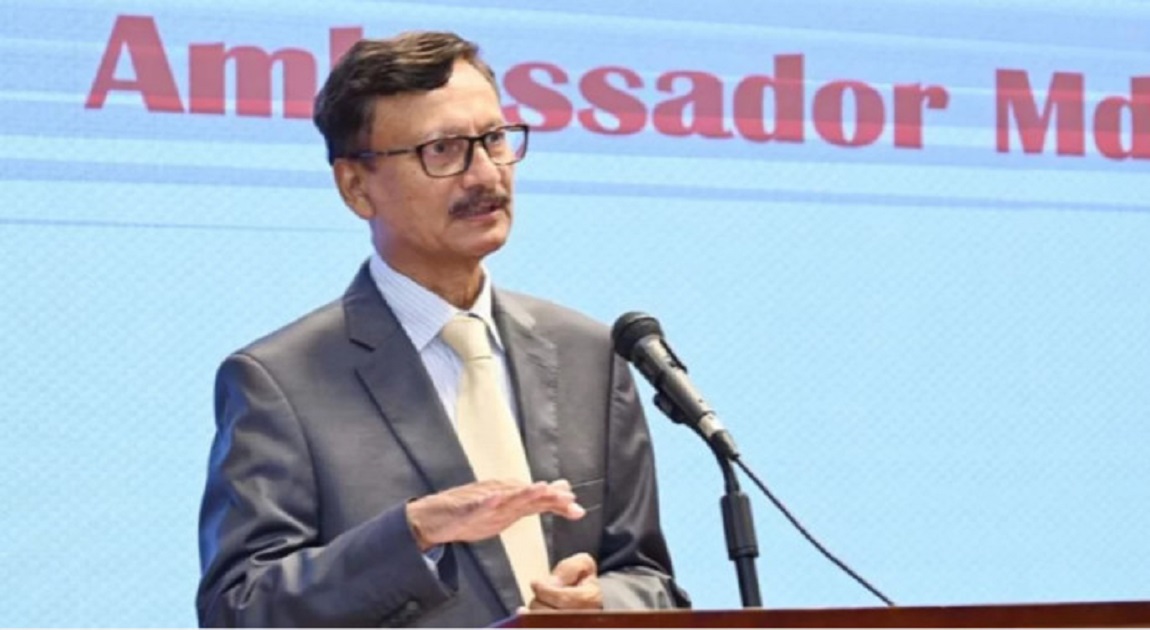Foreign Affairs Adviser Md Touhid Hossain stated on Sunday that the prospects for Rohingya repatriation remain bleak, largely due to Myanmar’s ongoing civil war, the absence of a unified authority, and the lack of security and citizenship guarantees for the displaced Rohingya community.
"We have yet to arrive at a workable resolution to this crisis, despite shouldering the burden for many years," he said during a seminar titled "Repatriation of Rohingya in Bangladesh: Strategic Implications on Regional Security and Ways Ahead," co-hosted by the Bangladesh University of Professionals (BUP) and the Armed Forces Division.
Touhid pointed out that the massive 2017 Rohingya exodus—triggered by brutal military crackdowns—was the third major wave of forced migration from Myanmar. “Even before that, around 300,000 had fled over time in a steady flow. This is not a new issue,” he noted.
He criticized Bangladesh’s initial strategy of relying solely on bilateral diplomacy, saying that many—including himself—had cautioned that such an approach would be ineffective. “The intent behind the 2017 crackdown was different. This time, it was a deliberate move by the military regime to permanently erase the Rohingya population from their land,” he asserted.
Calling the years-long diplomatic process “fruitless,” he lamented that not a single Rohingya refugee has been repatriated. “While we cannot abandon diplomacy altogether, we must also abandon the illusion that bilateral talks alone will solve this crisis,” he said.
Touhid emphasized that any repatriation must be voluntary and dependent on solid guarantees of safety and full citizenship rights. “They will not return to a country where their lives remain threatened and their rights are not recognized. At the very least, the camps here offer them a degree of security,” he added.
He also dismissed the idea that Myanmar was ever a true democracy, remarking, “Even under Aung San Suu Kyi, it was essentially a quasi-military regime. That façade is gone now. What we are witnessing is a full-scale civil war.”
Touhid further explained that Myanmar`s current power structure is deeply fragmented, involving three major forces: the military junta, the Arakan Army, and the National Unity Government (NUG). He stressed that a sustainable resolution must engage all three stakeholders—especially the Arakan Army, which now holds significant control over large areas of the Rakhine (Arakan) State.














-20260226080139.webp)





-20260225072312.webp)








-20260219054530.webp)
-20260224075258.webp)





-20260221022827.webp)